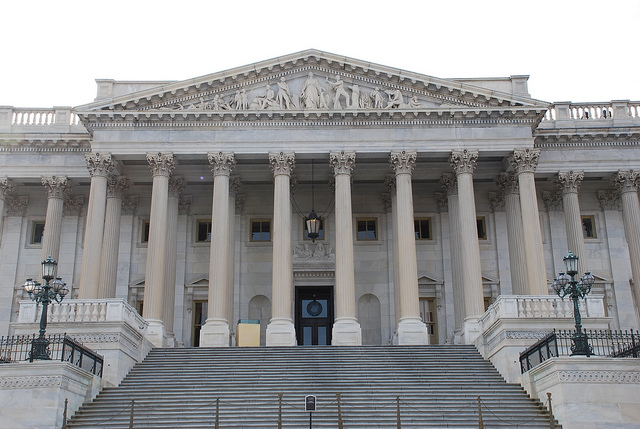“Charter schools blast SRC’s move to limit enrollment”
by Martha Woodall
Philadelphia Inquirer
November 20, 2012
The Pennsylvania Coalition of Public Charter Schools on Monday blasted the Philadelphia School Reform Commission’s decision to suspend part of state law so it could control charter-school growth, and said the move could trigger legal challenges.
The coalition said in a statement that it was “blindsided, shocked, and dismayed” by the SRC’s vote Thursday night to suspend a section of the school code that prevents districts from capping charter enrollment.
In an interview Monday, Bob Fayfich, the coalition’s executive director, said the item was added to the agenda at the last minute and voted on without public comment.
He said Lawrence Jones, coalition president, spotted the item when he attended the meeting. “That’s the first indication we had that anything was being discussed,” Fayfich said.
He said the coalition would begin discussing how to respond to the SRC vote at a special board meeting scheduled to talk about legislative issues later Monday.
“As a school district in ‘financial distress,’ the SRC has been given the authority to suspend portions of the school code and regulations,” SRC Chairman Pedro Ramos said in a response Monday evening. “The SRC has done so in the past in a variety of circumstances and will have to continue to do so in the future, when necessary for the sustainability of public education.”
The suspension does not change anything, and the commission intends to negotiate with charters on enrollment caps, Ramos said.
Charter growth is costly, and officials have said the district cannot afford uncontrolled costs. A few weeks ago the commission approved a $300 million bond sale to plug a deficit.
Fayfich said he did not believe any other district in the state had ever claimed to have the power to ignore the law that prohibits districts from












